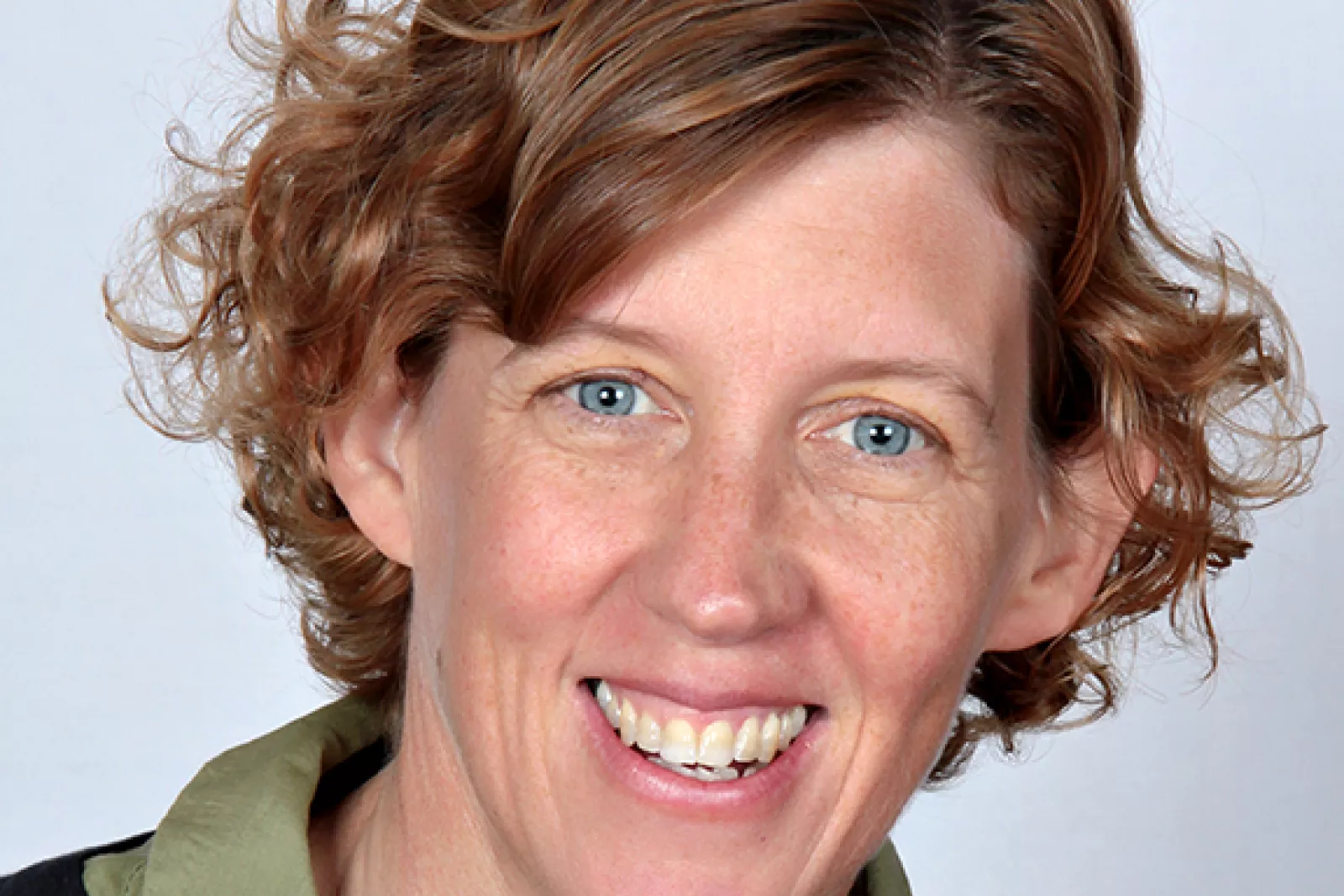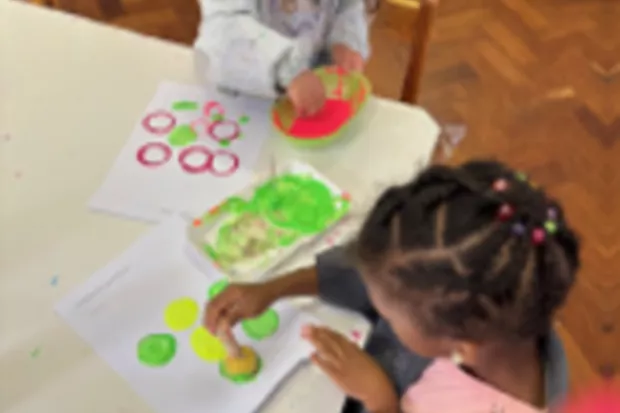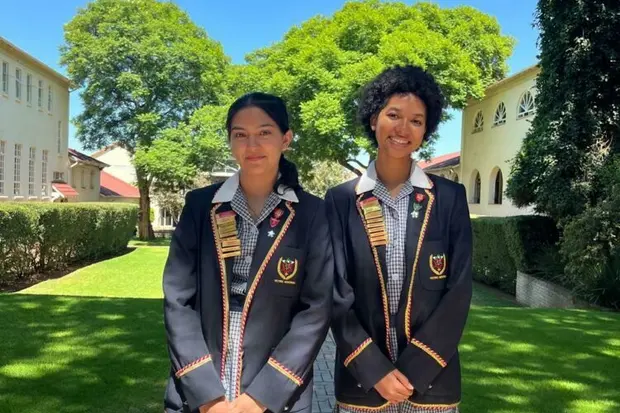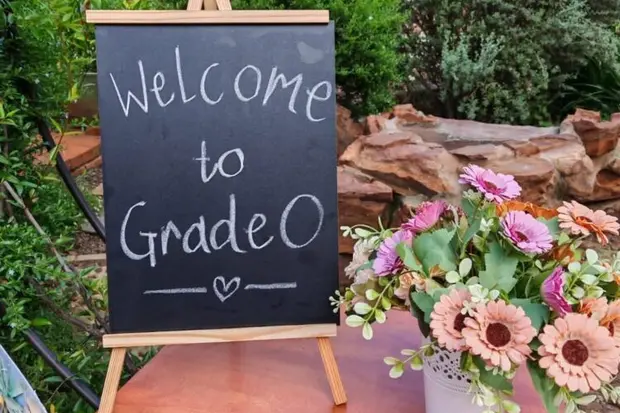From the Junior School head’s desk: 30 July 2021

Things, to use a general expression, are getting better. For one, we are back on campus and the weather is warming up, slowly. For another, almost all the staff at St Mary’s have been vaccinated, and some events of the last two weeks of the Trinity term are going ahead as planned: parent afternoons, Grades 6 and 7 formal assessment feedback, the Form II self-eSTEAM programme and the online arts festival that launches next week. There is enough to be grateful for: a month-long holiday awaits us, and spring is around the corner.
Our new chaplain, Rakgadi Khobo, is joining us next term. In the meantime, the Senior Primary girls have had to put up with me in their remote Divinity lessons. We have discussed the word “chaplain”, where it originated, what it means and what the role entails at St Mary’s. We have spent time defining terminology that we take for granted too often: identity and ethos, pastoral care, divinity itself. What I have uncovered in my discussions with the girls is, firstly, a huge appetite for discussion (and digression); and, secondly, a genuine vagueness in response to some of the concepts we assume the girls know and that we use regularly, either in their immediate presence, or with reference to the relationships we expect to enjoy with them.
The discovery was opportune, not mortifying, and I have taken some pleasure in our seemingly interminable debate over the difference between the words “character” and “personality” and its implications, both moral and spiritual, of it for our understanding of the term “ethos”. The girls’ understanding of morality is emerging and they are tentative in their approach to topics involving judgements of right and wrong, good and bad – I imagine they might be more outspoken in other company…
One of the more interesting contributions on ethos came from a Grade 5 girl who was inspired to follow up our conversation with some reading of her own: she directed our thinking along different lines by speaking about the connections we could make between the concept of ethos and ideas of generosity and hospitality (closer, perhaps, to xenia, another Greek word that means both “hospitality” and “friendship”) – character traits that are important always, but which have particular significance in times of fear and mutual suspicion.
In the introduction to her translation of Homer’s Odyssey - the first by a woman - British classicist Emily Wilson tells us that, “Those who traveled to an unfamiliar land used the norms and expectations of xenia to form bonds with people who might otherwise have treated them as too ragged and dirty to deserve a welcome, or as too dangerous to accept into their home”.
I reflected that Wilson’s description could be applied to our own circumstances where the pandemic is understood as “an unfamiliar land” and we are all travellers, of one degree or another, in search of safety, expressed by the concept of “home.” Our bonds with each other – bonds which have strained and threatened to tear at times – have been fortified by our recourse to a common value system, an ethos characterised by the habit of friendship, good neighbourliness, and balanced judgement – what else but our own love, community, and integrity?
My best wishes to all our families as we embark on the August holiday: whatever the nature of your travels, and wherever they may take you, I hope you are met with hospitality and friendship in your time away from school, and that you return to us rested and restored.
SARAH WARNER
JUNIOR SCHOOL HEADMISTRESS
Related News

Little Saints News

From the Senior School head's desk: 31 January 2025

Cellphone-free academic time
